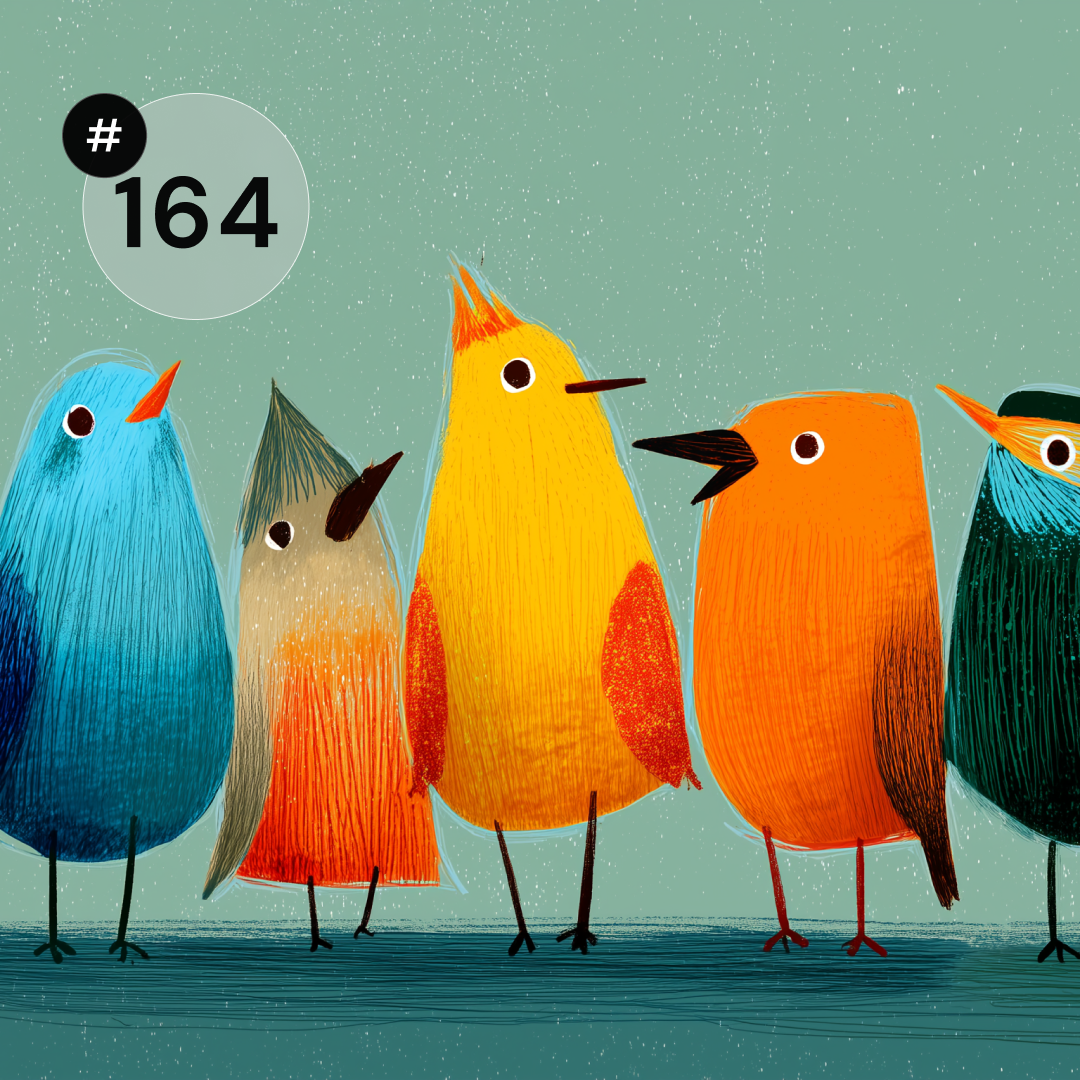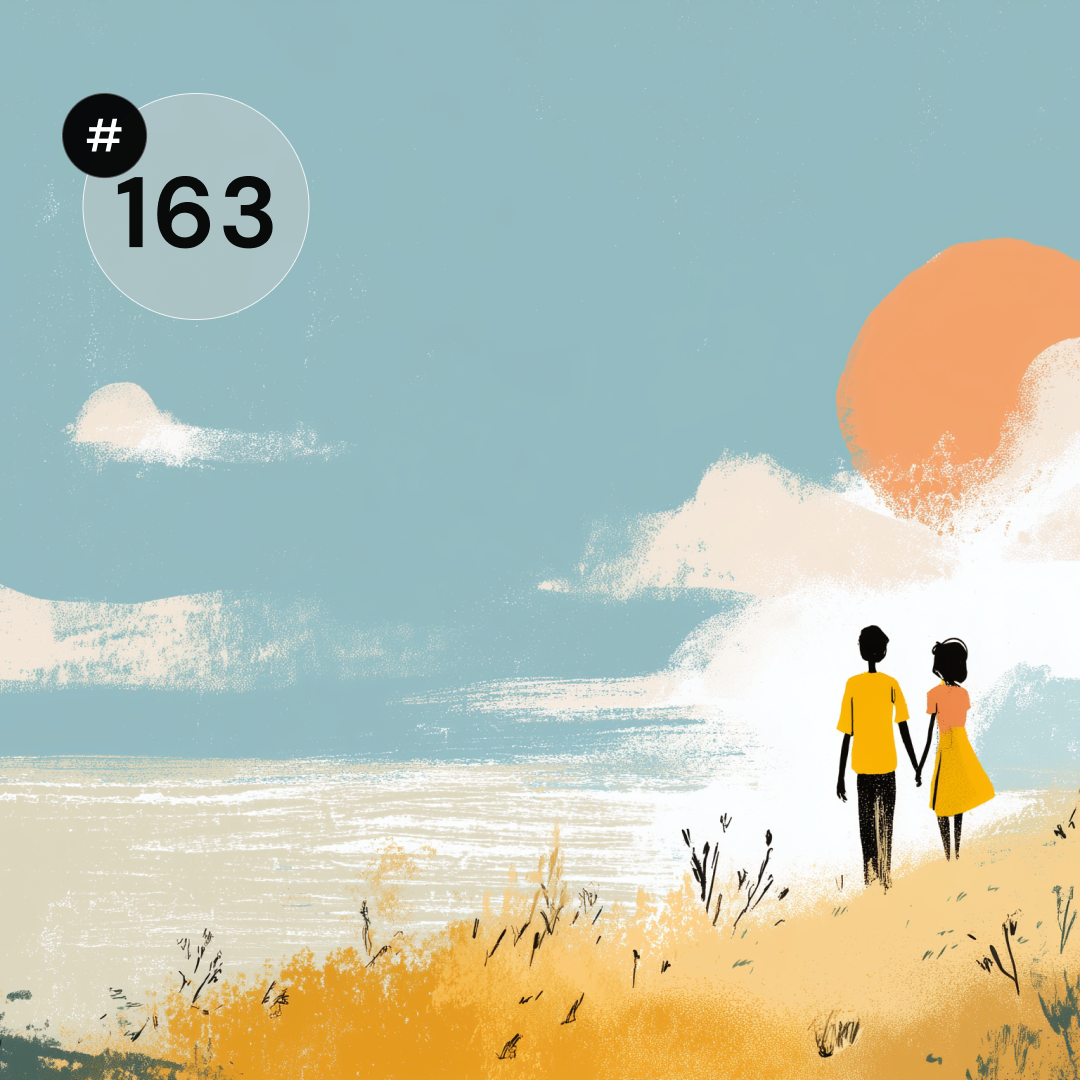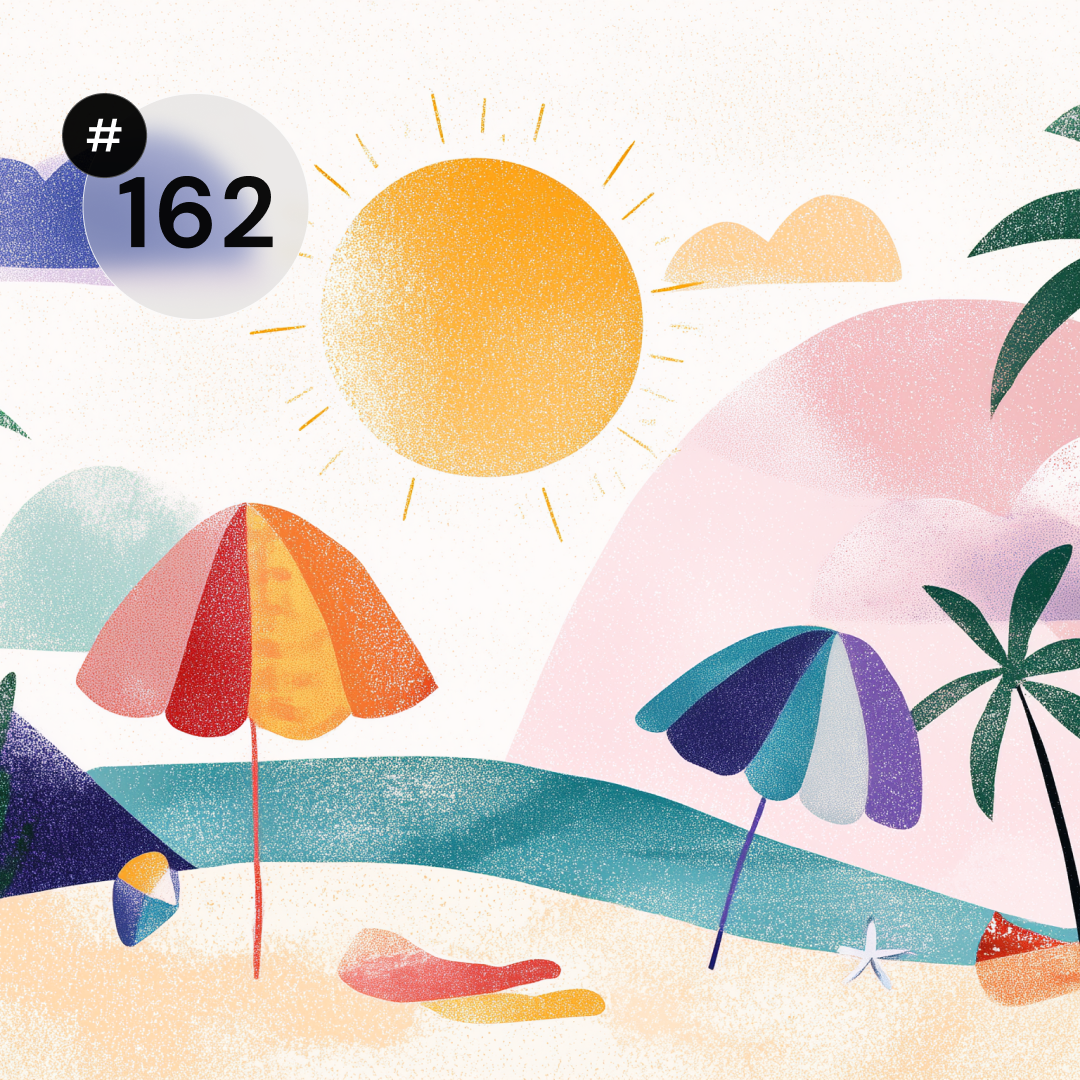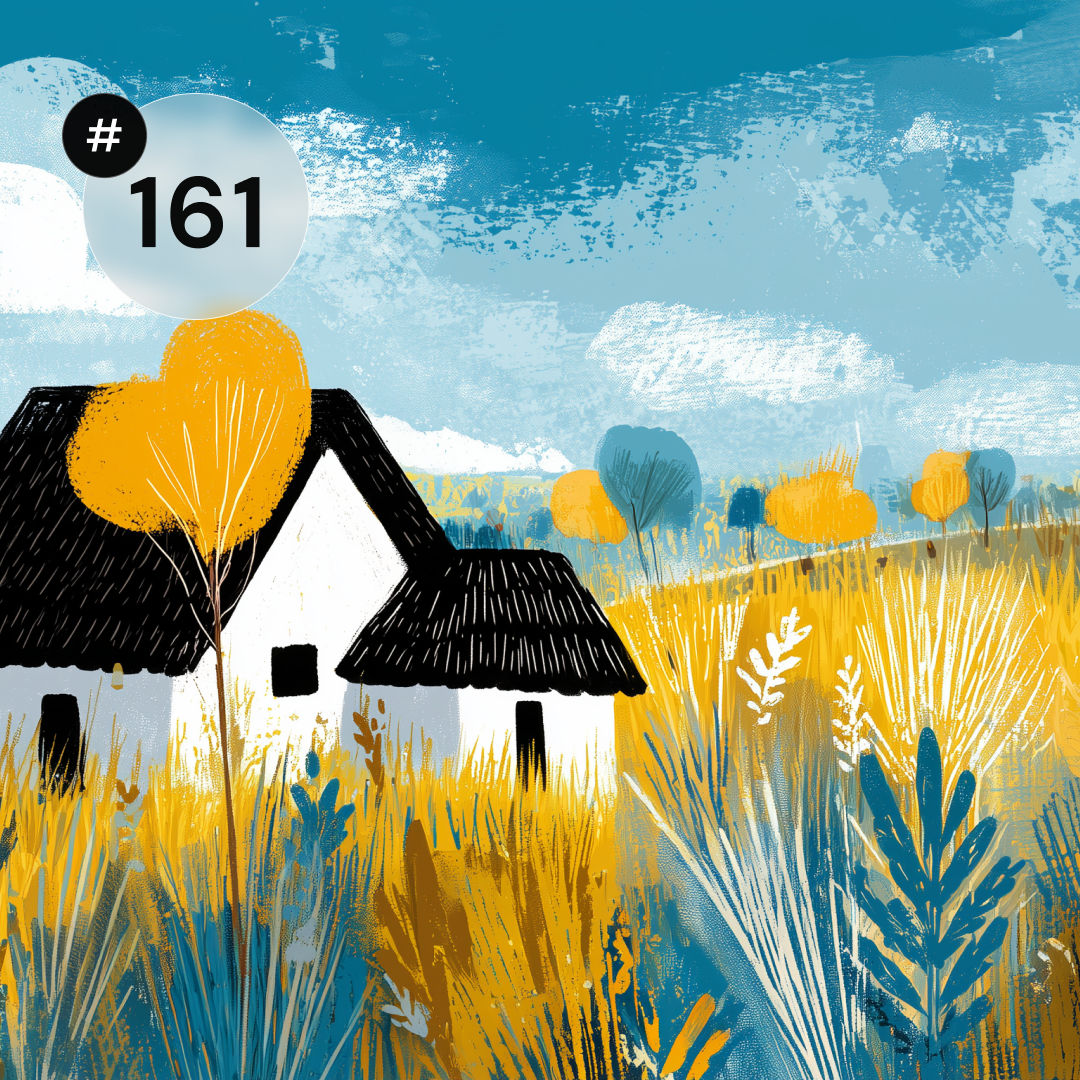At one time, Inglot decided to expand its business to the Saudi Arabian market, a very specific market. The Polish brand opened its stores there, designed according to European standards and... it turned out that they do not meet Arab standards. There is simply a completely different model of shopping — in Europe, a woman enters the Inglota store who happens to have a free afternoon and wants to relax, wants to have a moment for herself, wants to go crazy while shopping. She is served by one forwarder who helps her to meet her needs. Meanwhile, in Saudi Arabia, a woman takes several of her female colleagues shopping, who advise her on the choice, so that not one customer enters the Inglot salon, but five. Therefore, more space and more staff are needed. In addition, cultural and religious considerations play a key role, because a woman in a burqa cannot paint herself in public. So Inglot had to prepare special cabins in which there is such an opportunity. However, everything turned out already after entering the market. Therefore, it turned out that Inglot did not carry out research and analysis very carefully - and this is the most important point of the program, because if there is to be a show, then the artist must prepare for it and know in front of which audience he is performing. Also through the internet.
Entering the foreign e-commerce market step by step
Our brand no longer fits in the national yard, it grew, saw things from a higher height and decided to go much further, beyond the border of that yard. Therefore, entering a foreign market begins by asking yourself: who are we, to whom we speak and what is our competition.
The expressive personality of our brand is a differentiator among others. However, what is distinctive in the country does not have to be distinguished abroad. The market we are entering certainly already has a leader, and local customers will not want to buy the same goods from an untested, foreign supplier, even at a slightly lower price - unless the goods are unique, difficult to find elsewhere. Therefore, it depends on the audience in which language we will communicate and on what channel we will release this message — in the case of EU markets, these differences are rather nuances. And if they already exist, they may not create problems, but rather new opportunities for building a creative marketing strategy, referring to the specifics of a given country.
Paradoxically, an online store allows us to get to know our customers much better than a stationary store. Thanks to the effective analysis of information from Google Analytics, we can accurately determine not only demographic data, but also interests. This may be one of the reasons for expanding our business to foreign markets, if we see that the traffic in our store comes from abroad.
Own store or sales platform?
Here is the question. Of course, by taking shortcuts, we will choose the platform — we will avoid excessive formalities and reach potential customers faster. In addition to the international Amazon Marketplace or eBay, in each market you will find their local counterparts. But this does not mean that such a solution is better. By selling through the platform, we accept all the terms of cooperation and become dependent on its policy — that is, in case of increasing its margin, the prices of our products must increase. Therefore, the safest solution is to put the store separately, independent of everything.
In what currency?
When opening a store on a foreign market, the key issue becomes the conversion of the price from zloty to foreign currency. We can allow customers to pay in any currency, using the rates set by the relevant bank, or we can specify prices in only one of them, for example, in euros. PayPal has launched a tool that supports Polish stores going abroad. Pasaporta PayPal is a comprehensive database of information about the local market — from cultural nuances and trends, to shipping and logistics tips, to strictly financial issues such as currency exchange, customs procedures and taxes.
Deliveries and returns
However, it's not just the price that works wonders. In online shopping, the speed of delivery matters, which currently accelerates from around 48h to even a few hours, depending on the time of day in which the goods are ordered. The absence of borders within the Union and an excellent communication network mean that the delivery of products in Europe is not a major problem. However, it is necessary to plan not only deliveries to customers, but also returns of goods. There are three ways to do this.
Free returns — all return costs are borne by the store.
Shared cost — The seller and the customer share the cost of the return. The dissatisfied consumer pays for the transport of the goods to the local warehouse, while the store covers the remaining costs.
Full cost — the customer bears all fees for the return of the product.
Translation of product descriptions
In the online store, the customer, of course, cannot touch the goods before buying, which is why the product page is all that can convince him. The increasingly widespread rich content — i.e. a very extensive presentation of goods on the website — in a foreign online store is as important as the appropriate translation of the product description using all the linguistic details of a given country. In the design of the store, the participation of a local native speaker is essential.
How to promote an online store abroad?
Of course, where there are no boundaries - that is, in social media. However, it is not worth launching your channels on all the most popular sites, but choosing those that our potential customers actually visit. By creating viral content, we can count on the fact that it will begin to spread on the web itself - even without our participation.
Another place where the logo of our store should appear is the banner in the industry website. We are then sure that it will appear before the eyes of those who may be interested in our offer and will be in our store with one click.
By making ourselves known as experts and a reliable source of useful industry information, we also build the position of the store. Therefore, it is quite standard to keep a blog connected to our website, from which the interested reader can go directly to our offer.
And when he becomes interested in it — let's get to know him better, inviting him to subscribe to the newsletter decorated with a discount for the next purchases. In this way, we will remind him of ourselves from time to time, informing him by email about the latest offers. So we transfer all the models of marketing strategy that work in our country.
How much profit will we give away in tax?
If we send goods to a country belonging to the Union, VAT is 0%, but only if the purchase is made by a taxable person from one of the countries of the Community, when we have a proof of sale and both we and our customer have an EU VAT number. It is also worth remembering that each of the Member States sets its own limit for the sale of goods abroad. The limit is in the range of EUR 35,000 to EUR 100,000. Similarly, when selling products to a country that does not belong to the Union, they are taxed at a VAT rate of 0%. However, it is worth paying attention to the appropriate choice of tax in the country: in a situation where our annual income does not exceed PLN 85,528. We can then settle at an 18 percent rate, which will change to 32 percent only after exceeding the aforementioned amount. So it is more profitable than a flat tax with an imposed flat rate of 19 percent.
Knowledge of the local market; a properly written business plan, including logistics, pricing and tax issues and a proven marketing strategy — these are the basic elements on which you can build a strong position of our store in another country. Trade knows no boundaries.












